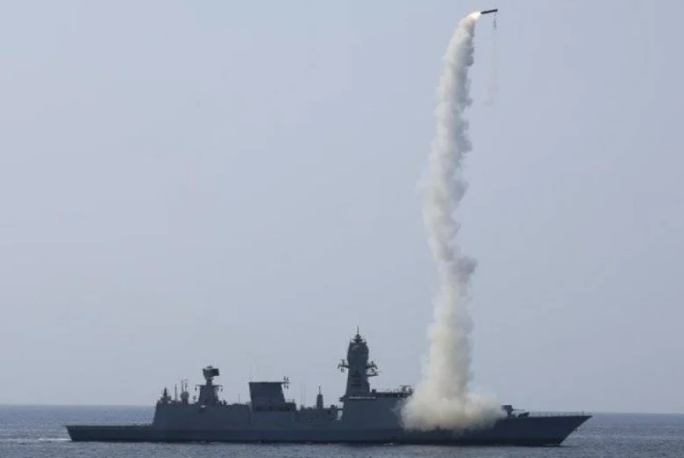Tens of thousands of demonstrators gathered in Georgia for the fourth consecutive day of protests against the government’s decision to delay EU membership talks until 2028, sparking widespread unrest. The move, coupled with allegations of electoral fraud in October’s parliamentary elections, has intensified a political crisis in the Black Sea nation.
Prime Minister Irakli Kobakhidze’s announcement last Thursday that Georgia would postpone EU accession talks ignited fresh outrage. Critics accuse the ruling Georgian Dream party of steering the country away from European integration and toward closer ties with Russia—an allegation the party denies. Despite mounting pressure, Kobakhidze has ruled out new parliamentary elections, stating that “the formation of the new government based on the October 26 parliamentary elections has been completed.”
Demonstrations unfolded nationwide, with thousands waving European and Georgian flags outside parliament in the capital, Tbilisi. Protesters banged on the building’s metal doors, some wearing diving masks to shield themselves from tear gas. Police responded with rubber bullets, water cannons, and tear gas, leading to violent clashes. Over 150 demonstrators have been arrested since the protests began, with scenes of riot police chasing protesters through the streets.
The unrest follows accusations of widespread electoral fraud in October’s elections, which were rejected by the pro-European opposition. President Salome Zurabishvili, who has called the elections illegitimate, has urged the constitutional court to annul the results. Brussels has echoed these concerns, with the European Parliament adopting a resolution demanding a re-run of the election and sanctions against top Georgian officials, including Kobakhidze.
In an exclusive interview with AFP, Zurabishvili declared herself “the only legitimate institution in the country” and vowed to remain in office until new elections are held. She also announced the creation of a “national council” comprising opposition parties and civil society representatives to ensure stability.
The crackdown on protests has drawn international condemnation. The EU’s foreign policy chief Kaja Kallas warned Georgia’s authorities about excessive violence, while the U.S. State Department suspended its Strategic Partnership with Georgia, condemning the use of excessive force. France, Britain, Ukraine, Poland, Sweden, and Lithuania have also expressed concerns over the escalating situation.
The unrest has extended beyond the streets, with hundreds of public servants, diplomats, and educators issuing joint statements opposing the government’s decisions. Several Georgian ambassadors have resigned, and over 100 schools and universities have suspended academic activities in protest.
As the crisis deepens, constitutional experts argue that the new parliament’s decisions, including Kobakhidze’s nomination as prime minister, are invalid due to legal procedural violations. With no resolution in sight, Georgia faces growing domestic and international pressure to address its political turmoil.


